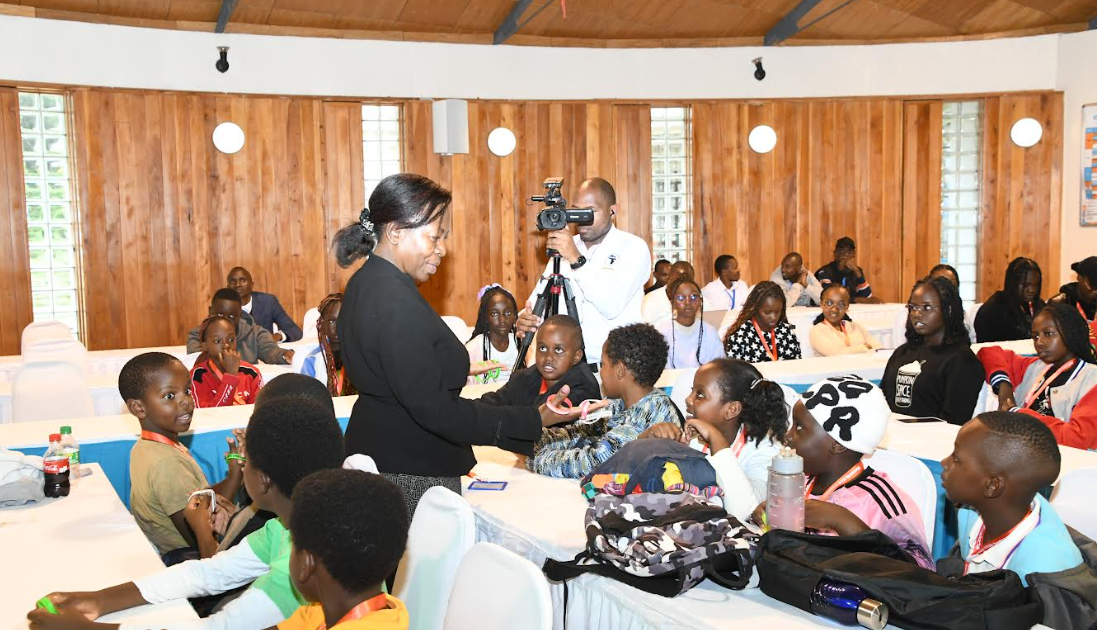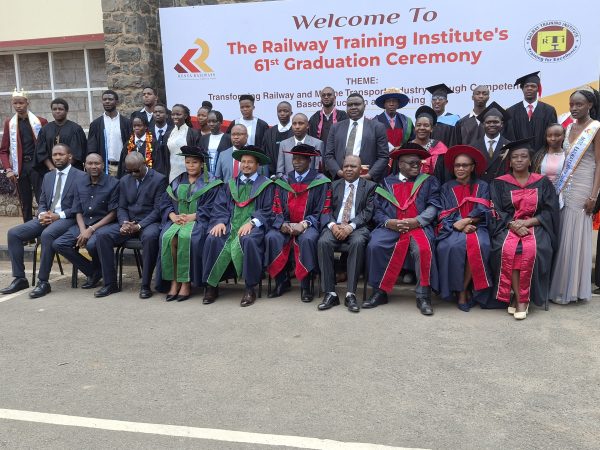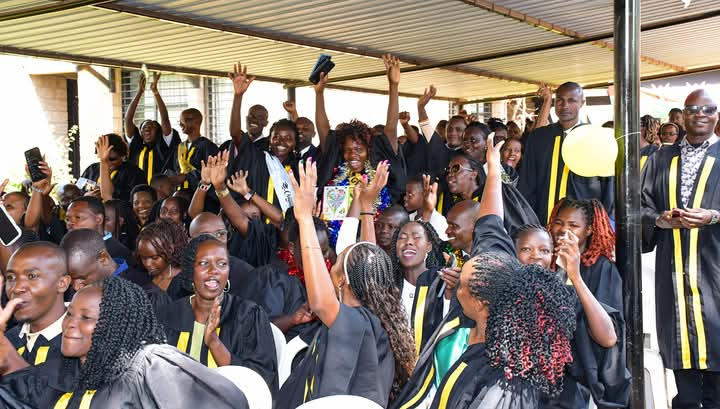By Eddah Waithaka
The Centre for Mathematics, Science and Technology Education in Africa (CEMASTEA) teamed up with the Zizi Afrique Foundation to host Kenya’s inaugural numeracy co-creation workshop. Bringing together educators, policymakers, and stakeholders, this workshop focused on the theme “Foundational Numeracy in Kenya: Status, Challenges and Opportunities.”
Many education stakeholders, including policymakers, educators, development partners, researchers, and civil society organizations, gathered for this event to investigate the low numeracy performance in lower grades. The workshop aimed to identify the root causes of common errors and create an action plan to enhance numeracy learning outcomes in Kenya.
The workshop offered a rich platform for teachers, researchers, development partners, and policymakers to engage in meaningful discussions on error analysis. Teachers contributed their classroom experiences, which could be crucial for reshaping classroom practices.
In a recent assessment conducted in five schools in Bungoma West, which reached 405 learners, the results showed that only 3% of the students successfully solved all six addition and subtraction tasks correctly. Furthermore, 17% of the learners answered all addition tasks correctly, while just 7% answered all subtraction tasks correctly.
This highlights that students performed better in addition than in subtraction. Furthermore, only 2% of boys completed all tasks correctly, while 5% of girls achieved the same.
Overall, girls outperformed boys in the assessment, revealing a unique trend. This challenges the belief that girls excel more in humanities than in mathematics. Additionally, most girls made procedural and conceptual errors in both grades, indicating that they are more focused on applying methods. In contrast, the majority of boys made factual errors, particularly in Grade 3, suggesting gaps in basic knowledge retention rather than in method application.
Read More On : https://africawatchnews.co.ke/udpk-launches-plan-to-empower-kenyas-disabled-community/
During the event, Dr. John Mugo, the Executive Director of Zizi Afrique Foundation, emphasized how crucial it is for learners to acquire foundational numeracy skills to achieve long-term academic success. “By collaborating with teachers, policymakers, civil society organizations, development partners, and other stakeholders, we can identify the most common errors learners make and develop practical solutions to support them,” Dr. Mugo stated.
The co-creation workshop strongly recommended that educators receive more training in pedagogical skills that promote numeracy acquisition, such as error analysis.
This approach highlighted the importance of diagnosing what learners can do and providing support to help them improve in areas where they struggle, while also examining methods to explore differentiated teaching strategies.
This approach enables teachers to grasp the child’s reasoning and plan individualized support accordingly. To date, 12 teachers in Grades 2 and 3, along with five heads of institutions and five curriculum support officers, have completed the Error Analysis training to enhance the delivery of numeracy instruction in lower mathematics in Bungoma West Sub-County.
CEMASTEA and Zizi Afrique Foundation are committed to fostering dialogic partnerships that promote quality education for all children.
Read More Stories At: https://africawatchnews.co.ke/







